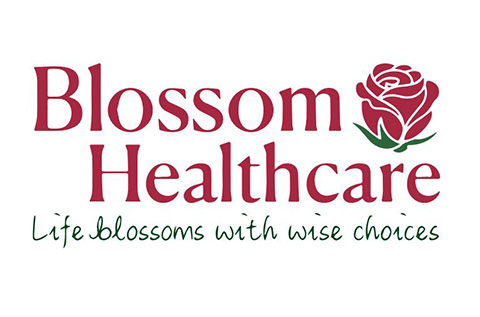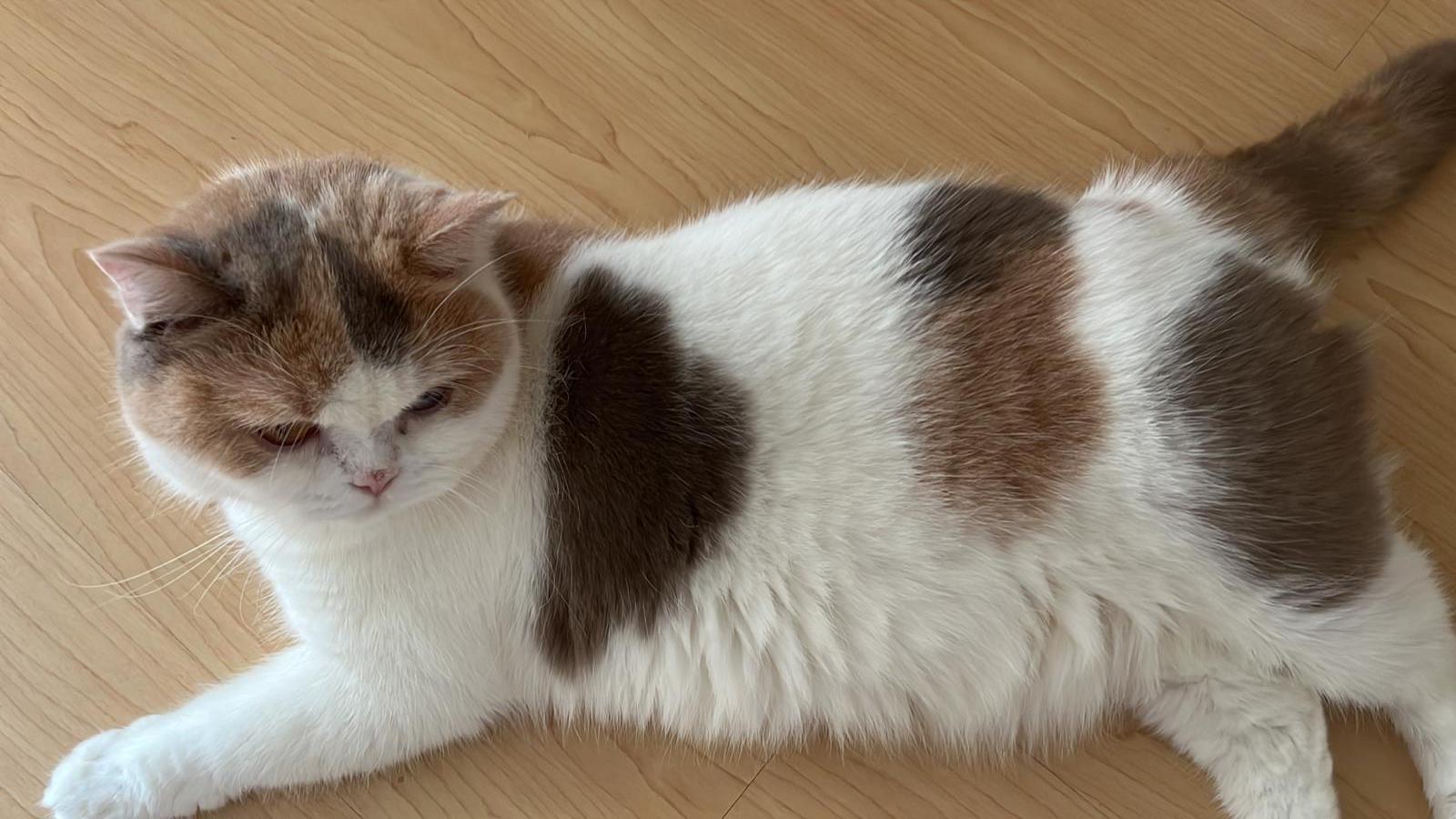During the pandemic, many people suffered from panic disorder. People with panic disorder would suffer from recurring “panic attacks.” A panic attack is when a person is safe and experiences no external threats, but suddenly develops violent symptoms of stress, such as rapid heartbeat, shortness of breath, and feelings of a heart attack. This causes the person to misbelieve they need to inhale hard to prevent suffocation. Other symptoms of a panic attack include sweaty palms, numbness of limbs, dizziness, etc.
Panic attacks occur when the brain misinterprets normal body sensations, including heartbeat and breathing. This misunderstanding gives the feeling that the body is in danger, causing the false alarms in the head to sound. The person overreacts and falls into a vicious cycle. Especially during the pandemic, since the virus causes pneumonia, it is easy for people to think that a slight tightness in the chest is a sign of “infection”. A very rare but familiar side effect of the COVID-19 vaccine is myocarditis. It is easy for people to mistakenly think being able to feel their own heartbeat indicates heart disease, a side effect of the vaccine. It’s no wonder that the COVID-19 pandemic has increased the risk of panic disorder.
Treatments for panic disorder include medications (mainly regulating serotonin transmission in the brain) and psychotherapy (including cognitive behavioral therapy). Improving habits is also helpful. The disorder of the mind can be cleared by a good life after all. Improving habits includes sleeping and waking up early and being in constant contact with nature. Small aspects of life also count, especially cultivating calmness in the face of emergencies. Here’s an example.
At a banquet, your partner or you accidentally knocked down a glass of water. Before the panic reflex happens, you can stop, think and take a clear look: Is the glass broken? Is anyone injured? Nope, just that the tablecloth in front of you is now wet. In this case, do you need to apologize or explain to everyone at the table? Does anyone need guidance or comfort? Does everyone at the table need to immediately switch the conversation to this water glass? No. So pick the water glass back up calmly. Fill it with water again and carry on.
Cultivating calmness from the small aspects of life not only relieves panic disorder but also helps with your long-term physical and mental health. You and the people around you can live a more elegant and happy life.
Written by: Dr. William Chui
Originally posted on: Health HKEJ
Translated by: Cheuk Long Chan






